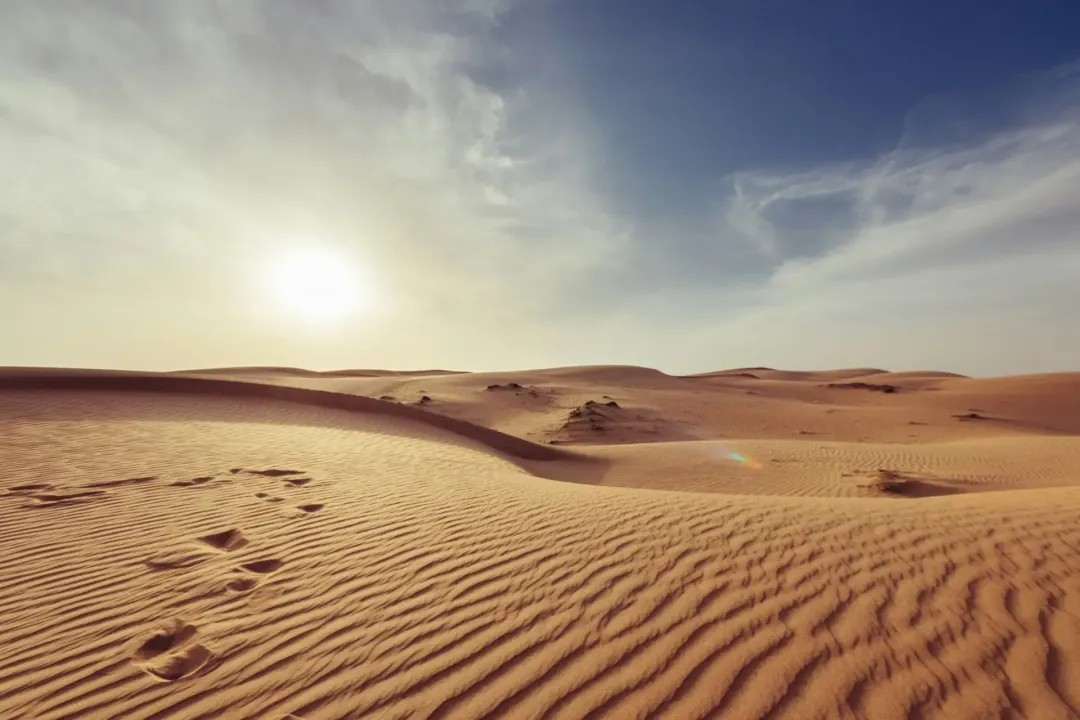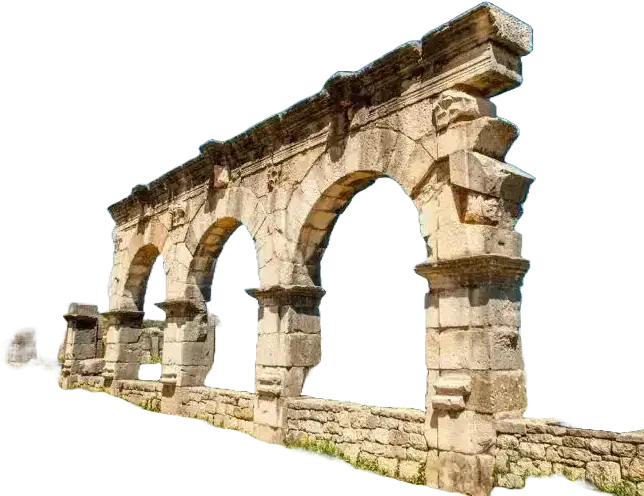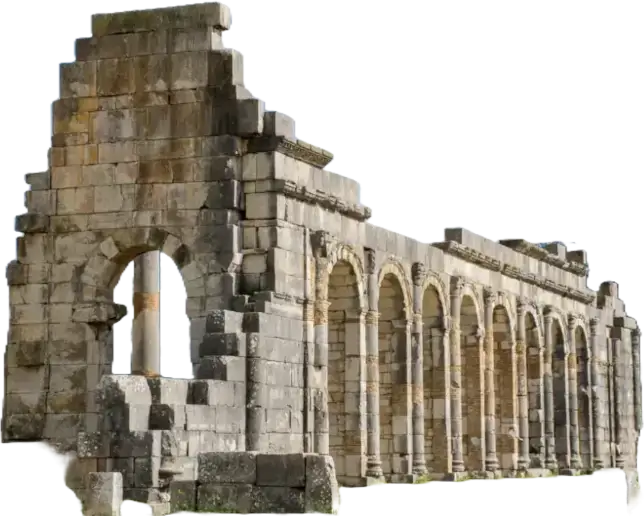There is a lot going on in North Africa in the last couple of weeks, so I’d like to depart from my usual approach of addressing a single topic and look at the region thematically, with snapshots of the security, political, and oil sector developments in Libya, Tunisia, Algeria, and Morocco.
Security
Needless to say, recent events demonstrate that violent Islamists still pose the greatest real or potential security threat in the region.
Libya
While the most high-profile violence around Tripoli International Airport can only be loosely tied to Islamist groups, the battle between forces allied with Khalifa Haftar, the retired army officer, and the Islamist Ansar al-Sharia in the east continues. The airport fighting is a turf war and will eventually subside, whereas the fight between Haftar and Ansar al-Sharia is ideological, which makes it more likely to evolve into a war of attrition.
Tunisia
A 16 July attack on Tunisian security forces by the Uqba ibn Nafi Brigade, an al-Qaeda in the Islamic Maghreb ally, left at least 14 Tunisian soldiers dead. On the one hand, the attack is a sad reminder that the Jasmine Revolution created new space for jihadi groups in Tunisia. On the other hand, it is more useful to view the attack as a measure of how far Tunisian security services have to go in order to demonstrate real counter-terrorism capability in the face of a growing threat. The good news is that they are receiving lots of international assistance and will likely be able to guarantee greater security within Tunisia’s borders in the coming year.
Algeria
Although historically the center of North African terrorism, Algeria has witnessed only sporadic jihadi violence recently. In fact, after having largely gotten its own house in order, Algeria seems to be taking a more proactive regional role – Foreign Minister Ramtane Lamamra organized a regional security summit in Tunisia on 14 July. And Algeria continues to monitor its Malian border closely. The widely reported rumor that Algeria has thousands of troops in Libya pursuing jihadi groups is hogwash.
Morocco
Morocco’s security problem deviates slightly from the North African trend. There are no active jihadi groups in Morocco, but Rabat has broadcast concerns about the risks posed by the possible return of Moroccans who went to fight alongside jihadis in Syria and Iraq. Calling attention to security risks is unusual for Morocco, not least because the country relies so heavily on tourism revenue. This raises two, not necessarily exclusive, possibilities – either the threat is real or Morocco is hyping it in order to attract foreign military aid that could relieve pressure on its budget.
Politics
With the exception of Morocco, North African countries are still in the midst of political transitions to varying degrees.
Libya
The announcement of results on 21 July from last month’s House of Representative (HoR) elections could instill new life into an otherwise zombie-like transitional process (lifeless, but aimlessly stumbling around wreaking havoc). Spin has already started, with anti-Islamists (they are not quite secularists) declaring that Islamists were defeated, having won at most 30 out of the 187 seats. But it bears remembering that the Muslim Brotherhood’s Justice and Construction Party won only 17 out of 200 seats in the General National Congress, the HoR’s predecessor, and still managed to control the body. If the HoR is dominated by Islamists, anti-Islamists will likely reject its legitimacy and vice-versa, leaving the country once again without a meaningful political institution.
Tunisia
Tunisia’s transition is faring better, with all major political actors sticking to democratic processes. Parliamentary elections are scheduled for October and presidential elections for November. The Islamist Ennahda Party and secular Nida Tounes are still vying with one another for influence. Each has its core voters, but each also has its vulnerabilities. Despite having renounced Ansar al-Sharia, some still accuse Ennahda of being too close to radical Islamists. And Nida Tounes’ detractors claim it is merely a vehicle for the counter-revolution, having just brought on board a high-ranking Ben Ali apparatchik. Whatever happens in October and November, though, Tunisians are likely to remain committed to negotiation and dialogue.
Algeria
Only four months after his reelection, President Abdelaziz Bouteflika seems to be finding his footing. Although he buried the hatchet with some longtime antagonists in the run-up to the April election, he is now distancing himself from his less popular supporters and culling his inner circle. Of course, it may be just so many deck-chairs-on-the-Titanic – questions about Bouteflika’s health and about a potential successor remain front and center. The Titanic analogy may not be fair, though. Algeria seems able to run on autopilot.
Morocco
Depending on one’s perspective, Morocco is either on a path toward gradual democratization, taking baby steps every several years, or it is politically stagnant with a strong monarchy stage-managing an elaborate democratic performance. Regardless of one’s predilection, Morocco is politically stable. Even next year’s legislative elections are unlikely to produce much change beyond the replacement of Islamist Prime Minister Abdelilah Benkirane. But the power of the prime minister is already so constrained his departure is unlikely to have much impact.
Oil
Apart from Libya, North African oil and gas sector activity is having a good, if varied, run. Barring any surprises, it looks likely to continue its current trajectory.
Libya
Excitement about the recent deal to reopen Libya’s eastern ports has been tempered by the reality of Libya’s indeterminate political and security situation. Production is down, exports have been very limited, and future disruptions are inevitable. Although it sounds obvious, it’s worth emphasizing that there will be no sustainable restoration of production until Libya has a functional military and viable political institutions, including a meaningful Ministry of Oil and Gas that can organize bid rounds (EPSA and/or DPSA). But this is still several years away.
Tunisia
After sparking a flurry of activity in the wake of the Jasmine Revolution, Tunisia’s oil and gas sector has slowed, but still remains attractive to IOCs. The country’s terms are very favorable and management of the sector is technocratic and free of the political interference that hampers its neighbors, but there are two catches. The first is that volumes are small and probably always will be. The second is that labor problems have intensified since the revolution as expected economic gains post-Ben Ali have not materialized.
Algeria
With an oil and gas bid round coming up, Algeria’s hydrocarbons sector is at an inflection point. The round is unlikely to be a grand slam, but it is nonetheless likely to attract some key IOCs, as well as a handful of Asian companies. The next question is whether Algeria can sustain any momentum from the bid round and avoid getting sidetracked by political issues, as has so often been the case over the last three years. On a separate note, Sonatrach’s recent announcement of its intentions to invest US$100bn in the Algerian oil and gas sector over the next five years is difficult to accept at face value – even if it genuinely intended to invest such a large sum, structural problems make it nearly impossible to do so.
Morocco
With instability in Libya and uncertainty in Algeria, companies both large and small have acquired Moroccan acreage, speculating that its geology matches that of the Gulf of Guinea or perhaps Nova Scotia. Whether or not Morocco has oil is an open question, but the investment environment is extremely favorable: fiscal terms for IOCs are good, sector leadership is professional, and doing business is relatively easy. Skeptics have argued that terms will toughen once a major discovery is made, but there is little precedent to support this view. Unlike some other countries in the region, Morocco has not had problems with contract sanctity.
Taken as a whole, North Africa is very much in flux, with enormous risks in some cases and decent (if not outsized) opportunities in others. Disentangling the opportunities from the risk is the tricky part and there is no Maghreb template – despite their regional affinity, each country needs to be analyzed and approached differently.
Based on the positive feedback last time I sent out a North Africa Round Up, below is a quick overview of politics, security and oil in Libya, Algeria, and Morocco (sorry Tunisia fans), and a glimpse over the horizon, but not too far given the region’s current state of flux.
Politics
Libya
Libya’s creeping civil war is becoming institutionalized, which means that it is becoming harder to walk back. Rival factions now lay claim to competing governments. Over the course of 2013 and 2014, groups jockeyed for influence over a single government. That is a thing of the past with the House of Representatives (HoR) in internal exile in Tobruk and the Misrata-led alliance backing the revival of the General National Congress (GNC) in Tripoli. The fight is also getting closer to the heart of the matter – control of Libya’s oil receipts, which are remarkably once again on the rise (see below Oil Libya). The problem is that while the HoR is trying to be a genuinely independent political institution, it does not control an army, and thus relies for support on Libyans’ hazy dreams of democracy. The GNC is the opposite – it is the political vehicle for a coalition of heavily armed militias. Given the contrast, it is hard to see the HoR remaining relevant for much longer.
Algeria
Almost six months after his reelection, President Abdelaziz Bouteflika is starting to reshape his power base. Bouteflika is compelled to redress the imbalance between the pre-election expansion of his political tent and Algeria’s finite clientelist resources, which means that some stars are rising, while others fall. For example, it is the end of the road for former Prime Minister Abdelaziz Belkhadem, even after he supported Bouteflika’s reelection. But for Bouteflika’s former campaign press officer, Abdeslam Bouchouareb, the sky is the limit. He was awarded with the Ministry of Industry and Mines after the election and accompanied Prime Minister Abdelmalek Sellal and Minister of Energy Youcef Yousfi to the US-Africa Summit in August.
A cabinet shuffle is rumored to be in the works, but these are tough to crystal ball in Algeria and it is best just to wait and see, as tepid as that may sound. In particular, there are rumors that Minister of Energy Youcef Yousfi may be replaced, which would be yet another shake-up in Algeria’s all-important oil and gas sector. It is unlikely, however, that Yousfi would be dismissed before the completion of the oil and gas bidding round that is currently underway (see below Oil Algeria).
Morocco
Moroccan politics have been even more uneventful than usual, with parliament recessed until October. However, the return of parliament could bring with it the fractious debates that jeopardized the viability of Prime Minister Abdelilah Benkirane’s government last September. Then, the nationalist, quasi-monarchist party Istiqlal threatened to quit Benkirane’s coalition government. Although Istiqlal’s rebellion was allegedly over the possibility of decreasing state subsidies, the real reason was its hostility to Benkirane’s Islamist party, the Party for Justice and Development (PJD). This enmity hasn’t gone away and the new parliamentary session could afford Istiqlal with another pretext to try to take Benkirane down. King Mohamed VI could then revive his role the as above-the-fray political arbiter, something that he, his father, and his grandfather have all honed.
Security
Libya
Despite a modicum of normalcy returning to Tripoli, the security situation in other parts of Libya is worsening. Benghazi violence persists and fighting has spread to Zawiya just to the west of Tripoli. While Libya’s deteriorating security is no doubt due to domestic actors, the role that foreign interference is playing has become more prominent, with Qatar and possibly Sudan assisting the Misrata-led alliance’s Operation Libya Dawn, and Egypt, UAE, and Saudi Arabia suspected of backing Khalifa Haftar’s Operation Dignity. If this is in fact true, there is a wide disparity between the kind of support being provided – with Qatar and Sudan allegedly supplying materiel, while Egypt and the UAE possibly going as far as carrying out airstrikes.
There is no indication that Libya’s downward security trajectory will reverse any time soon. The country is likely to remain in the grips of militias bent on confrontation and revenge rather than negotiation and dialogue. In fact, given the institutionalization of the conflict and the intensifying international interference, national dialogue and rapprochement look further away than ever.
Algeria
The jihadi movement in North Africa continues to fracture. Last year, Mokhtar Belmokhtar broke with al-Qaeda in the Islamic Maghreb. The latest development was an announcement last week that a group of dissident AQIM members had formed their own group – the Caliphate’s Army in Algeria – and had allied themselves with the Islamic State (IS) in Iraq and Syria. While this could be a troubling sign, there is little indication of what or who the group is. In many instances these announcements come to naught. This is likely to be the case here as well. Meanwhile, AQIM itself issued a rare joint statement with al-Qaeda in the Arabian Peninsula (AQAP) condemning schisms in the jihadi community in Iraq. While this all seems to be an awful lot of jihadi navel-gazing, it could ultimately result in “outbidding,” where different jihadi groups feel compelled to intensify their activities in order to demonstrate their superiority one over the other, such as was the case with Belmokhtar’s January 2013 In Amenas attack.
Morocco
Morocco has been banging the counter-terrorism drum exceptionally loudly in recent weeks. Rabat continues to widely broadcast the very high number of Moroccan foreign fighters who have gone to Iraq and Syria to join IS or other groups. Morocco also made no secret of its decision to deploy anti-aircraft guns in key locations throughout the country in response to an alleged threat of stolen Libyan aircraft. There is no doubt that Morocco has solid counter-terrorism capabilities, but the question remains how real the terrorism threat actually is in Morocco and to what extent regional realpolitik limits the scope of Moroccan counter-terrorism efforts. For the moment, despite all of the hullabaloo, Morocco’s security outlook is stable. The wildcard is the “returning foreign fighter” threat, but this is difficult to gauge without insight into the roles fighters are playing downrange and their inclination to return to Morocco.
Oil
Libya
Libyan oil is on an unexpected (freakish?) rebound. After a dismal first half of 2014, the National Oil Corporation (NOC) indicated that production could top 1mbpd by the end of the month. The return of Libyan oil despite a chaotic political outlook and a deteriorating security situation is due to the resolution of a handful of local social grievances and the end of the oil blockade led by the separatist Ibrahim al-Jadhran. Libyan production, however, is vulnerable to two risks. First, with two governments – one in Tripoli and the other in Tobruk – the likelihood of a standoff over who benefits from oil receipts is now greater than it has been since the 2011 revolution. If one side is deprived of oil revenue, it may attempt to disrupt production in order to prevent the other side from benefiting from it either. Second, as violence escalates, so too does the likelihood of an inadvertent strike on oil infrastructure. In fact, the NOC acknowledged on 16 September that production at al-Sharara was down due to rocket fire near the Zawiya Refinery. Placed in its broader context, it is hard to see how production can steadily remain at current levels.
Algeria
All eyes are on Algeria’s oil and gas bid round, now set to conclude at the end of the month. The round had initially been set to close in August, but was postponed twice in order to allow Alnaft, the regulatory body, time to belatedly solicit input from potential bidders. The round is unlikely to be a slam dunk, which will leave the round’s results subject to analysts’ proclivities. Naysayers will claim that the round proves that Algerian oil and gas is on a downward trajectory, whereas more supportive voices will argue that Algeria is taking baby steps toward making the sector more attractive to outside investment (full disclosure: I’m in the latter camp). A significant cloud hanging over the sector is the evolution of its leadership. Sonatrach’s CEO Said Sahnoun is still “acting,” although he could remain “acting” indefinitely, and there are rumors that Minister of Energy Yousfi would like to step down. Yousfi has had a long tenure (four years, which is admittedly brief in comparison to his predecessor’s ten) so his departure is not unrealistic, but it would be yet another change in leadership that would have a disruptive ripple effect throughout the entire sector.
Morocco
Morocco’s oil and gas sector is fast approaching the moment of truth. After a push to attract IOCs to the country’s upstream, some exploration programs are now in their advanced stages and results are expected in the coming months. Throughout Morocco’s efforts to court IOCs and develop the country’s oil and gas potential, sector leadership – and particularly ONHYM CEO Amina Benkhadra – has been responsible and understated. In fact, Benkhadra has proactively managed expectations and clamped down strongly on any distortion of Morocco’s hydrocarbons potential. Benkhadra’s leadership has also eased concerns that were Morocco to become an oil producer it would not revisit contracts in order to squeeze more revenue from oil exploitation. First, production even in small volumes would have a meaningful economic impact by reducing pressure on the current account balance. And second, Morocco relies heavily on FDI outside the oil and gas sector and it cannot afford to undermine investors’ confidence in contract sanctity.


